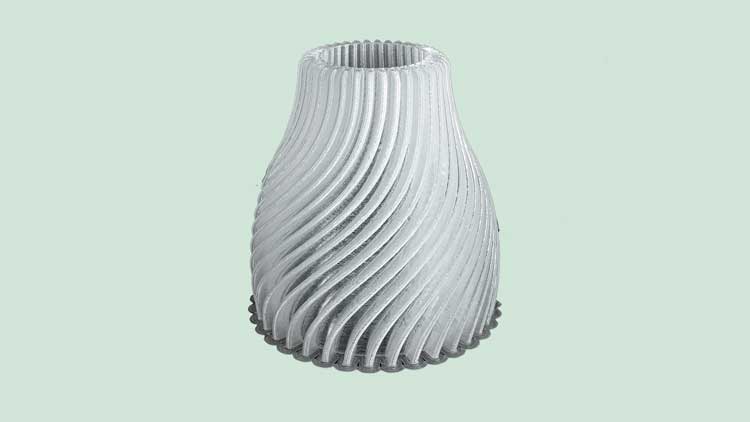
Transparent thermoplastic polycarbonate (PC) has carbonate functional groups. Due to its tremendous strength, it is resistant to breaking and being struck. It is a great replacement for glass because it is lightweight. To give PC the appropriate shape, it is melted and then pressed under intense pressure into a mold. Due to its eco-friendly production and capacity to be recycled, it is frequently used.
A durable, transparent, amorphous, high-performance thermoplastic polymer is polycarbonate. It contains carbonate groups (-O-(C=O)-O-), which connect the organic functional groups together. It provides a special blend of attributes. Due to its distinctive qualities, which include the following, PC is frequently utilized as an engineering plastic:
- High impact strength
- High dimensional stability
- Good electrical properties amongst others
Polymethyl methacrylate, or acrylic, and polycarbonate have similar properties. However, PC is more costly, stronger, and suitable for usage in a wider range of temperatures. The melting point of it is 155 °C.
Due to PC’s great compatibility with some polymers, blends like PC/ABS, PC/PET, and PC/PMMA are frequently utilized. Common uses include CDs, safety helmets, bulletproof glass, headlight lenses for automobiles, baby feeding bottles, roofing, glazing, etc.
